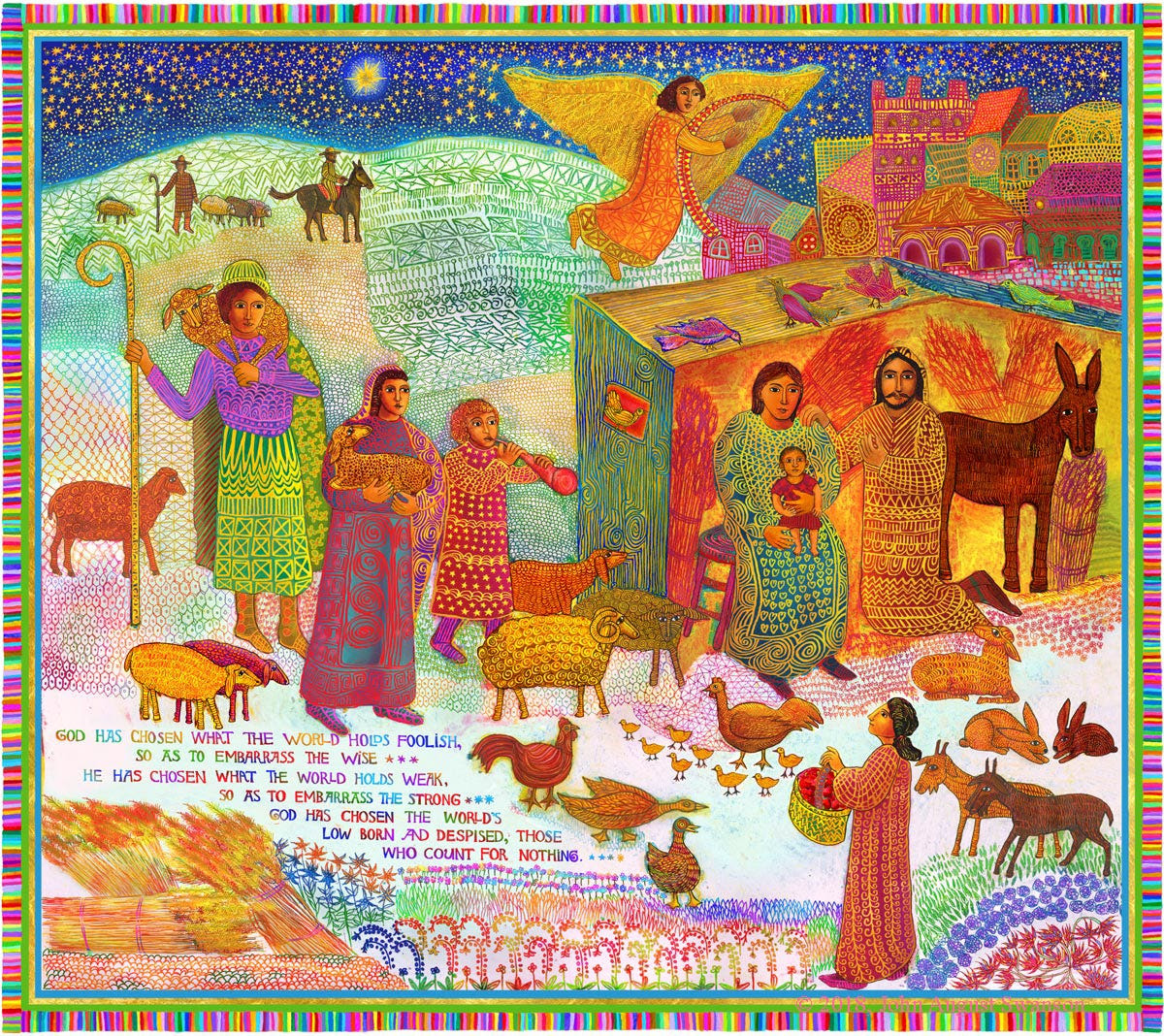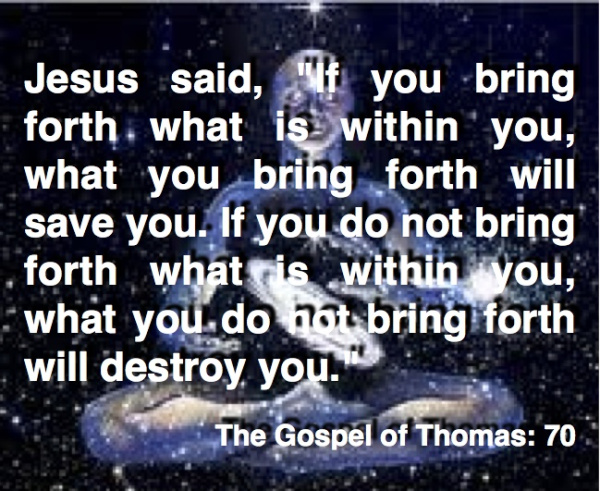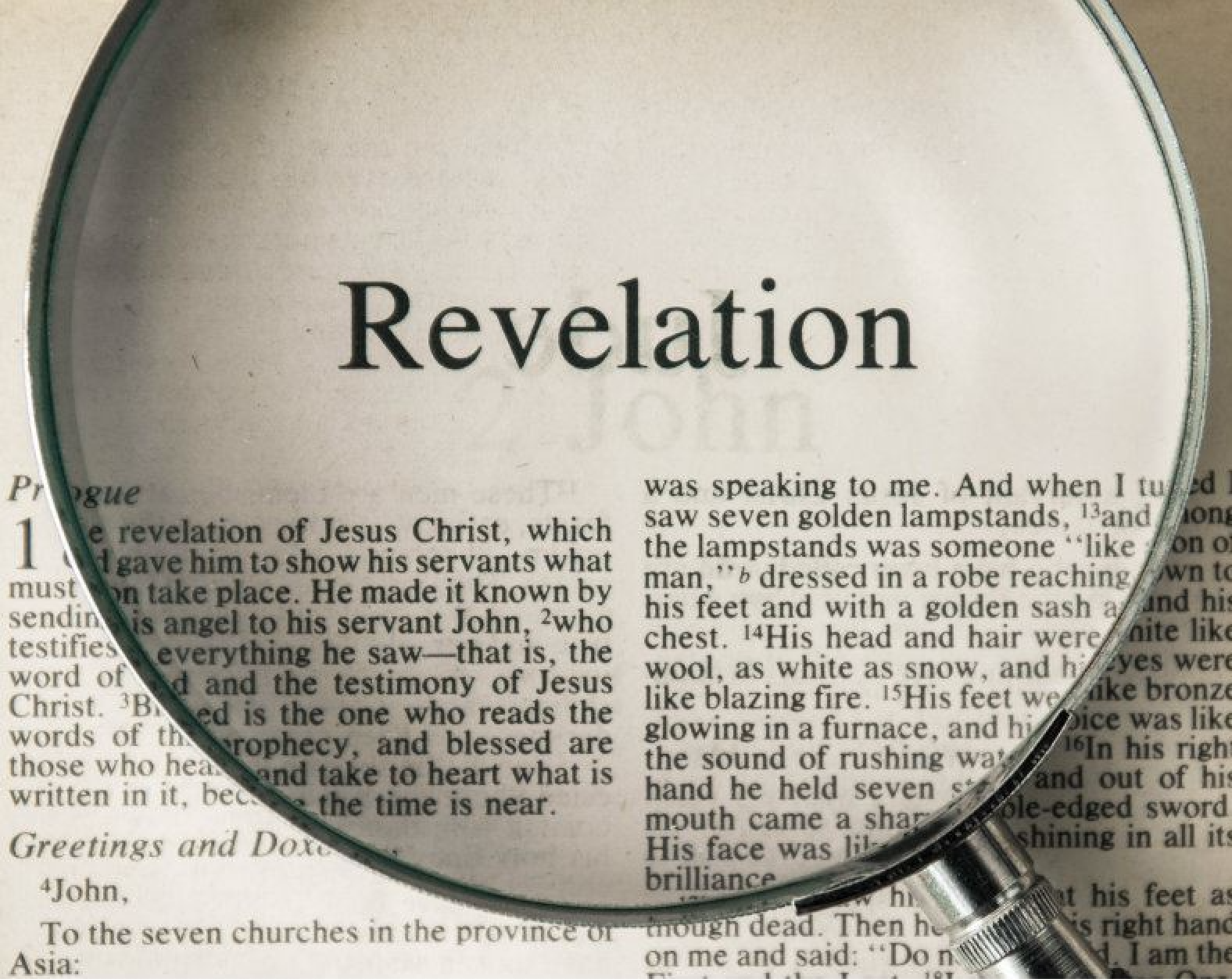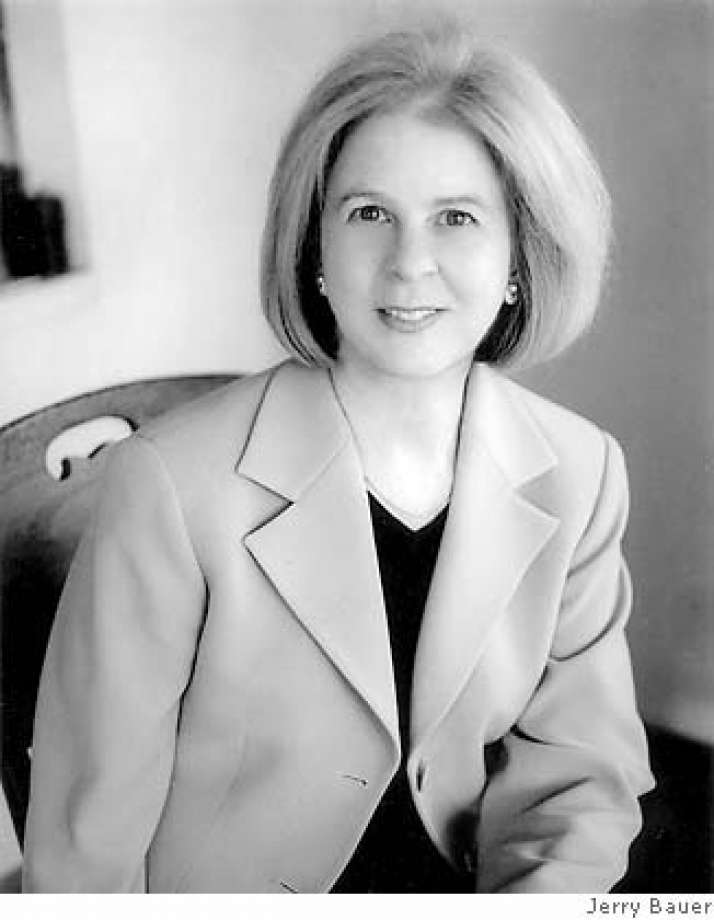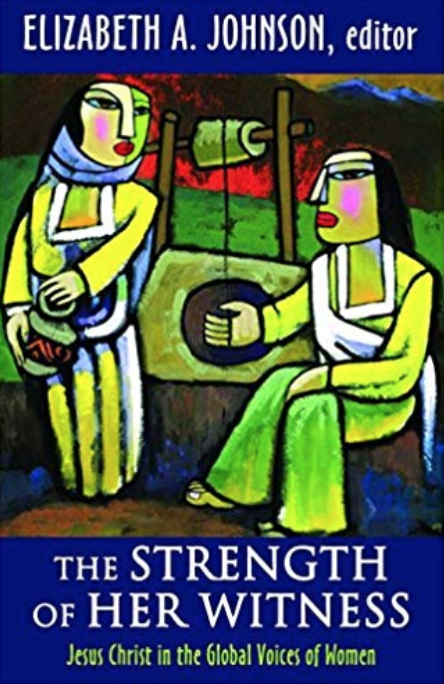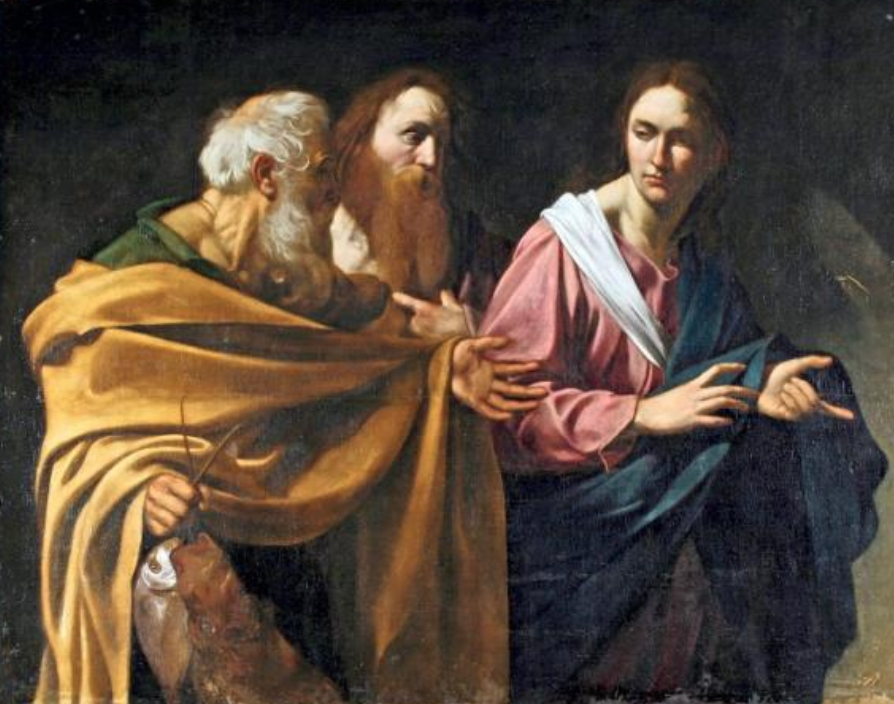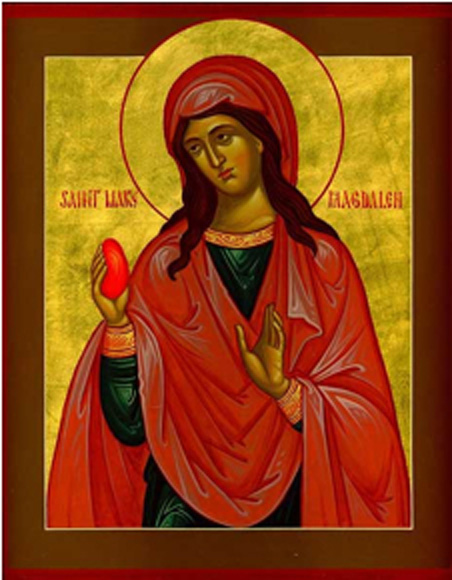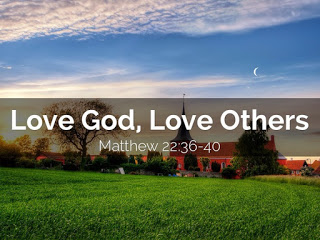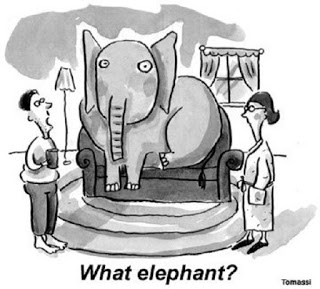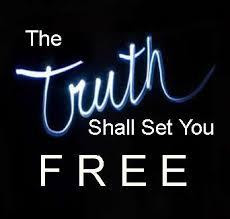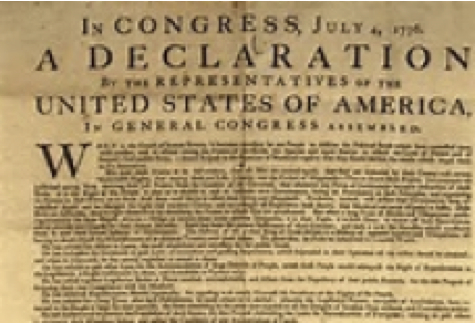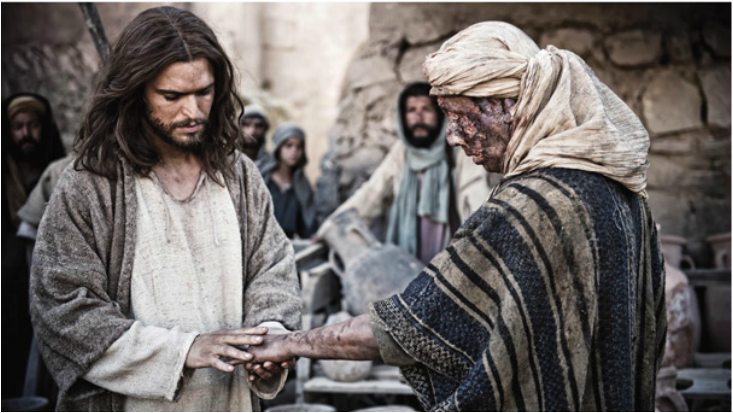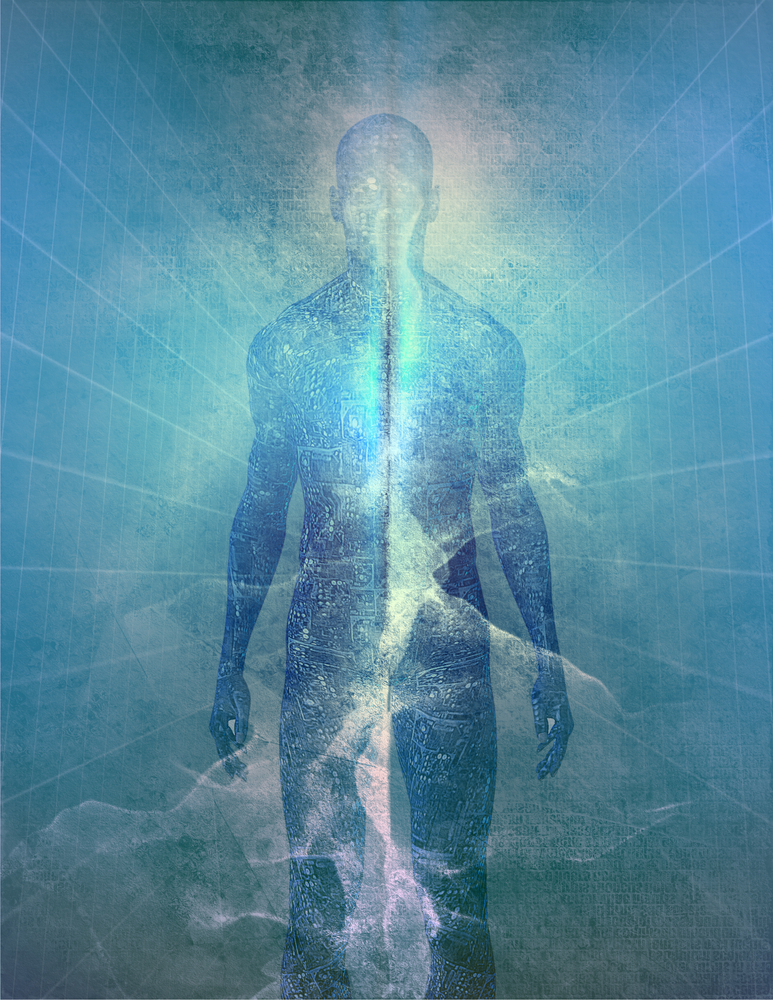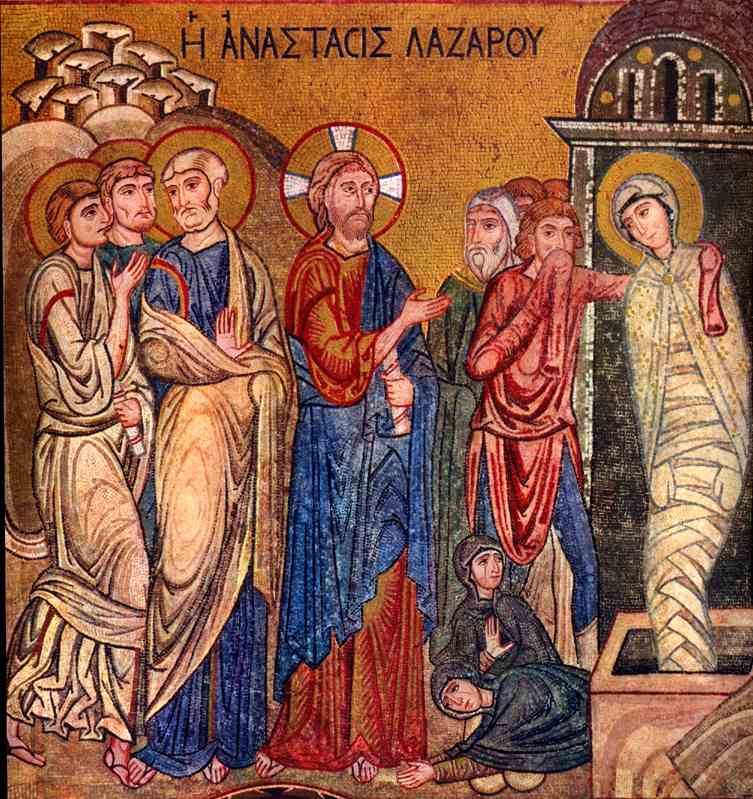Some people are highly devotional because it is scary having one's paradigm shattered. This is to be exposed to the chaos of one’s own mind (the devil!). It is much easier to cling to the established artifacts of one’s own thinking then to fall into the pit of chaos. Most people would rather die than admit that the belief system/paradigm that they have carried most or all their life is wrong in spite of proof of error time and time again.
A sermon preached on the Second Sunday after Christmas – the readings for this sermon include: John 1:1-9, The Gospel of Thomas 70; Matthew 2:1-12.
This is what the Book of Revelation is really about. It's not about the end of the world, as such. It's about the destruction of the feudalistic, repressive, economic monolith which it calls “Babylon the Great”.
When John accuses "evildoers" of leading gullible people into sin, what troubles him is what troubled the Essenes: whether—or how much—to accommodate pagan culture.
If God is love, then God is something we do, rather than somebody or something we try to believe in. If God is love, then God is a relationship, and not a Guy in the Sky or some other kind of supernatural entity. If God is love, God is nothing to fear. If God is love, when we really love someone - even of another religion, or of no religion at all - God is in that relationship, blessing it. So these three words wipe away all the theological debates about science and common sense versus religion. These three words sweep away the problem of evil, the perennial conundrum of how an all-powerful God could love people while allowing horrible things to happen to them. If God is love, then God is not in charge of the universe. Love is extremely powerful, but it is not directive. Love does not force anybody to do anything, nor to force anything to do anything to anybody. If God is love, then God is omni-attractive, not omni-potent.
These essays, drawn from around the world, reflect the many ways that women have reflected on and borne witness to the person, teaching, and praxis of Jesus Christ in light of their own varied contexts. These contexts include their struggles for life amidst wrenching poverty, racism, and violence; their experience of being female in male-dominated structures in the church and society; and their commitment to promote justice in view of the human dignity of women, all done in tandem with their faith relationship with the living God.
It is good for us to be here. Be attentive. The Webster Dictionary defines an ‘aha moment’ as a point in time
Mary Magdalene was the first person, male or female, to witness the empty tomb…the first to see angels who reported the resurrection…the
Part 4 of the series, What Makes a Christian?
Sometimes our greatest breach with Scripture is not when we outright contradict it--it's what we choose to prioritize, diminish or outright ignore. There is a time for everything under heaven (Ecclesiastes 3:1). We need to put first things first and second things second. Much of Christianity focuses on salvation plans and doctrinal ideas.
Part 3 of the series, What Makes a Christian?
John 3:16 is a beautiful verse, understood this way--that God's act of sharing Jesus with us comes out of love, and that all who participate in that love through loving both God and one another follow in the Way of Jesus, which is the Way of eternity--to love Jesus so much that you imitate Him and follow His Way. To believe in His message so much that you follow it.
Part 1 of the series, What Makes a Christian?
In John 13:34-35, Jesus states that our very public witness of our Christian identity itself depends on whether or not we love one another. Otherwise, people will not recognize that we are indeed Christians. Jesus tells us to follow his example. Jesus not only gives the commandment to love, but also states that His life has modeled this love.
Taking time to be in stillness is important for physical and mental well-being, and it is absolutely vital if we want an inner experience of spirit. It is not easy to quiet the storms of excitement and learn to be comfortable with stillness. Providing opportunities to practice is a priceless gift we can give children.
Willpower is our willingness combined with our power, applied with concentration and determination. Applying our willpower to achieve goals is really a discovery of the divine power and guidance that lies within all creation. We discover that willingness opens the gate to infinite possibilities.
Courage does not mean fearlessness and is a quality that exists within all beings and can be accessed at any time. We need only to turn inward to face life’s challenges with the courage that is already ours. Feeling anxious or fearful of new outward circumstances is normal for most people, but finding the courage to face those circumstances means recognizing that our divine nature is perfectly equipped and we have the inner resources to handle challenges.
Most people would define work as something that is hard to do and creativity as something fun. But when we are open to the sacred guidance that is abundant in the universe, work and creativity become the same thing. The most creative and inspiring work can be accomplished when we are open to all possibilities. Being open to infinite possibilities means letting inspiration flow freely — and not blocking that flow with thoughts of what we want to happen or what other people might think of what we are doing. Children can learn to feel for the right direction within and to recognize that every impulse is not the right one simply because it is there. Every time we remember to put our highest self in charge, the more inner joy and freedom we experience.
Being truthful puts us in harmony with our spiritual self and is an expression of our divine nature. There are many different kinds of truth, but being truthful is primarily about being conscious of our motivations and expressing that truth in the way we live and treat others, as well as how we speak. Why do we say what we say? Are we sharing the truth about who we are?
Download the PDF of A Joyful Path, Year One, Lesson #34 - "Experiencing God as Light" right into your digital device. God can be experienced as light, visible to the physical eyes and as a universal inner reality.
From the Celebrating Mystery collection
Wholeness is a process rather than a static state: it is not an end to the journey but the journey itself.
Homecoming after a splendid summer respite. Readings Proverbs 1:20-23; Ephesians 4:11-13 and John 8:30-32. I am indebted to Peter Rollins for his excellent insights into the need for church to be a place where we consult our suffering.
A Commentary for the Observance of Independence Day, 2015
Liberty and Freedom: People – especially politicians, it seems – frequently use the two terms interchangeably, as if they were the same thing. But while civil liberties can be legislated and personal freedoms can be infringed upon, there is something autonomous about personal choices and actions that can never ultimately be denied or encumbered. “Freedom is not something that anybody can be given,” the late author and civil rights activist, James Baldwin, once said. “Freedom is something people take, and people are as free as they want to be.” An earlier commentary considered the two ideas of conscience and consciousness as a spiritual component and practice of human experience. These comments are written as we approach our nation’s annual observance of the Independence Day holiday; exploring what might constitute a progressive Christian perspective of a kind of liberating “freedom” that is comprised of loosing the bonds of all the little deaths we die, and binding oneself to that which can irrepressibly spring once more to life.
Civilization defines justice as retribution – payback; an eye for an eye. But the deeper meaning of justice is distributive: the rain falls on the good, the bad, and the ugly without partiality. Civilization does not use that definition except in cases where there is clearly injustice if partiality enters the picture.
From the Celebrating Mystery collection
Our senses and our use of them are part of God's creation. To attempt to deny our senses is as much an insult to God as is the misuse of them.
An extremely small percentage of the world’s Muslim population recognizes ISIS as having any sort of authority over their lives. In other words, being Muslim does not equate with ISIS affiliation. We need to stop acting as if the two are interchangeable and start acting out of love, rather than from hate or fear. Jesus said, “Your love for one another will prove to the world that you are my disciples” (John 13:35). If there is no love, there is no Christianity. Period. There is just an empty label that leaves the world seeing us in ways that will make you cringe.
Jesus wants his disciples to know that their betrayal, their breach of covenant loyalty, did not dissolve the covenant, did not result in their rejection. They are loved and accepted. This is where we all have to start or, perhaps, come back to – that we are accepted in spite of all our failures and betrayals, that we are accepted even though we do not deserve to be accepted. But to claim acceptance for ourselves means that we have to claim acceptance for everyone else. God’s gift of peace is not just for our group, it’s for the cosmos, and we who have heard that word and accepted it, are called by God to spread that word
The dry bones raised by Ezekiel are a metaphor for those who died in the service of God’s justice: those who died working to restore God’s distributive justice-compassion to God’s Earth, and who themselves never saw the transformation. The army of dry bones is an army exiled from justice. Fairness demands that if Jesus was resurrected into an Earth transformed into God’s realm of justice-compassion, then all the other martyrs who died too soon should also be raised with him. “But in fact,” Paul writes in 1 Corinthians 15:20, “Christ has been raised from the dead, the first fruits of those who have died.” It is the Christ – the transformed and transfigured post-Easter Jesus – who has started that general resurrection, which restores justice-compassion to a transformed Earth. The transformation has begun with Jesus, and continues with you and me – IF we sign on to the program.
A Commentary for the Annual Observance of Independence Day, 2013
“We hold these truths to be self-evident, that all men are created equal, that they are endowed by their Creator with certain unalienable Rights, that among these are Life, Liberty, and the pursuit of Happiness." These grand words are etched in the American consciousness, and serve as a preamble of sorts to the Constitution’s subsequent ideal goal of “a more perfect union.” With the recent split Supreme Court decisions over voting rights and marriage equality, along with and passage of an immigration reform bill in the Senate that naysayers declare is DOA in the House of Representatives, it would appear that while progress has been made, we clearly remain a work in progress, as well. As we prepare to celebrate our Independence Day holiday this year the fireworks have been set off a little early with the debate over the intelligence surveillance practices of the so-called Patriot Act by a government that was established of, by and for the people. Call them heroes or traitors, whistleblowers or hack-tivists, there are also a growing number of anti-authoritarian tech geeks who claim to be motivated less by notoriety than a certain principled conscience to which they claim to have pledged a higher allegiance. So, what is the nature of “natural” or “divinely-bestowed” rights? What of human conscience, earthly authority, and more? And – for those of us who might consider ourselves both a red-blooded American and Christian of one sort or other -- what might constitute a “Christian” conscience, based on a Jesus life-ethic? You can find the latest commentary Here.
Community Christian Church of Springfield
The miracles in the New Testament are called "signs." They are metaphors for the Kingdom. In John 5, Jesus heals a man who has been looking at his source of healing, a pool that this sermon titles "the hospital" but the rules are such that he cannot get in to be healed. Jesus breaks through that injustice to bring healing to the one who needs it the most, without an insurance card, without proof of employment or citizenship. And that is what the faith community is called to do: to break the rules that bar the sick from health care, that favors banks over homeowners and corporate profits over the interests of those who need air and water that has not been polluted.
The Gift of Mortality
Avowed atheist Susan Jacoby recently created a dust up with a recent article in the New York Times Sunday Review entitled, “The Blessings of Atheism.” She wrote in response to all the god-talk that appeared in the immediate aftermath of the Newtown massacre; with all those unanswerable questions or inadequate answers to human suffering and death so often peddled in popular religious belief. So too, not long ago author and “non-believer,” Christopher Hitchen’s posthumously published his little book Mortality; recounting his rambling thoughts on his own imminent demise; after a terminal diagnosis left him a sufficient number of days to find himself “deported from the country of the well across the stark frontier that marks off the land of malady.” But what, or where to, after that? What if this really is all there is? It seems there has always been the human hankering to imagine all kinds of fanciful notions, in our attempts to recapitulate our mortal existence into something more than it is. Many religious traditions, including centuries of “mainline” orthodox Christianity, employ great mythic stories to describe a life subsumed into something greater than we can either know, or grasp, except by “faith.” Heaven knows, some folks try to better themselves, merely in the hope of a remote possibility there something more, after our death, which is a certainty. But in the end, is it all dust and ashes? And is that OK? This is the liturgical time of year when many in the Christian tradition undergo a seasonal pilgrimage in which the faithful are reminded at the onset we mortals are nothing more than dust. And so we will one day return to that from whence we came. Then the traditional forty days end with the perennial re-enactment of a passion play commemorating the mortal demise of the one whom Christians even these many centuries later would profess to follow. Many do so in the hope of some kind of immortality for themselves in some indecipherable form or other; attributing to Jesus a “resurrection” that means the same thing to them as god-like immortality; while others of us may find such imaginings to be not only reasonably implausible, but of less importance than what we take to be of greater significance and meaning in this faith tradition. Otherwise, the vainglorious hope of immortality can become so enshrouded in our mortal fears that we become – like Lazarus in his early grave – so wrapped up in death that we fail to truly acknowledge and appreciate the gift of our mortality for what it is; nothing more, nor less. With the certain assurance then that we are but dust and ash, we can ask ourselves if the gift of our mortality is not only enough, but more than enough? And if so, as the psalmist says, how then shall we “number our days, that we may apply our hearts to wisdom?” (Psalm 90:12)

